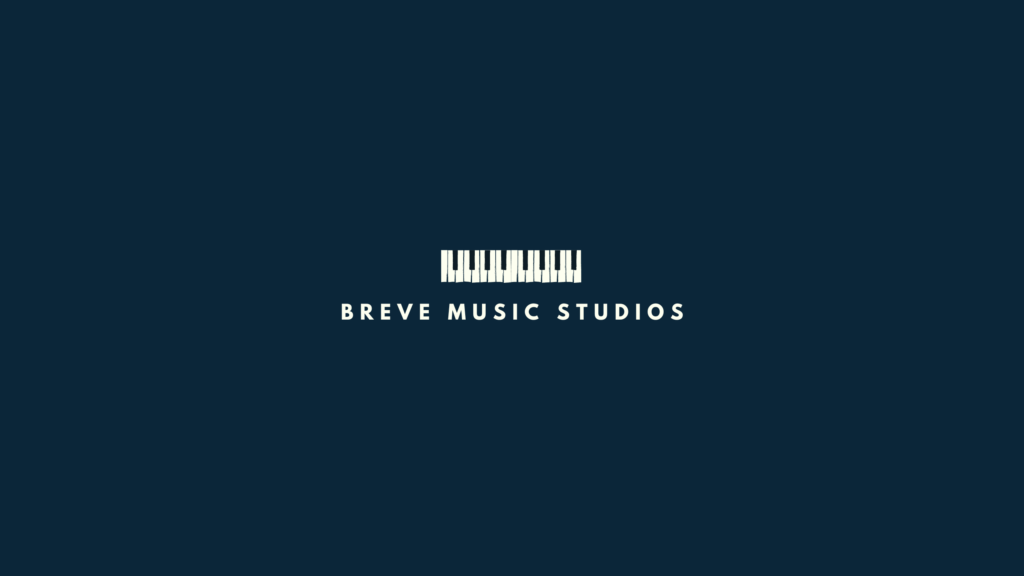Table of Contents
MLC vs The Harry Fox Agency
The music industry is a multifaceted landscape, and navigating the world of music licensing can be a complex endeavor, especially for songwriters, music publishers, and rights holders. Two key organizations in the realm of music licensing are the Mechanical Licensing Collective (MLC) and The Harry Fox Agency (HFA). In this article, I will discuss the differences between the MLC and The Harry Fox Agency.
TL;dr: Register for both! You also need to register your music with your performing rights organization (PRO), as well as SoundExchange.
What is the Mechanical Licensing Collective (MLC)?
The Mechanical Licensing Collective (MLC) is an organization established under the Music Modernization Act of 2018, with the primary objective of administering mechanical licenses for musical works in the United States. The MLC plays a pivotal role in the music industry by ensuring that songwriters and music publishers receive their rightful mechanical royalties from digital service providers (DSPs) such as Spotify and Apple Music.
What is the role of MLC in music licensing?
One of the core functions of MLC is to administer and issue mechanical licenses to DSPs for the reproduction and distribution of musical works. This involves collecting and distributing royalties to the correct rights holders, including songwriters, music publishers, and other stakeholders in the music ecosystem.
How does MLC differ from traditional licensing agencies?
Unlike traditional licensing agencies, the MLC operates as a non-profit entity, which allows it to prioritize the efficient and accurate distribution of royalties to rights holders without the conflict of interest that may arise in for-profit organizations.
What are the benefits of registering with MLC?
Registering with the MLC provides songwriters and music publishers with the opportunity to collect their mechanical royalties accurately, especially in cases where previously unclaimed or unmatched royalties may exist. Utilizing MLC’s services ensures that rights holders are properly compensated for the use of their musical works on streaming platforms and other DSPs.
What Is The Harry Fox Agency (HFA)?
The Harry Fox Agency (HFA) is a prominent music rights organization that offers a range of services for music publishers and songwriters. Founded in 1927, HFA has been a cornerstone of the music industry, especially in the realm of mechanical licensing and royalty administration.
What services does HFA provide for music publishers and songwriters?
HFA provides essential services such as the administration of mechanical licenses, allowing music publishers and songwriters to manage the licensing of their musical works effectively. Through its comprehensive reporting and royalty distribution systems, HFA facilitates the collection and distribution of mechanical royalties to the rightful recipients.
How does HFA administer mechanical licenses?
HFA’s role in administering mechanical licenses involves processing license requests from music users, collecting royalties, and ensuring that the appropriate mechanical royalties are distributed to the respective rights holders, in alignment with the usage of musical works.
What is the process to register with HFA for mechanical rights?
For songwriters and music publishers seeking to administer their mechanical rights through HFA, the process involves registering as a publisher or songwriter with the agency. Upon registration, HFA becomes the designated entity responsible for administering mechanical licenses and collecting royalties on behalf of the registered rights holders.
Key Differences in Mechanical Licensing
What are the primary distinctions between MLC and HFA?
One of the key distinctions between MLC and HFA lies in their operational structures. While MLC is established as a non-profit organization specifically mandated by the Music Modernization Act, HFA operates as a for-profit entity that has been a longstanding player in the music licensing landscape.
How do MLC and HFA handle royalties collection from DSPs?
MLC and HFA differ in the methods of collecting and distributing mechanical royalties from DSPs. MLC, as mandated by the Music Modernization Act, has implemented a comprehensive system to ensure accurate and streamlined royalty collection and distribution for rights holders. On the other hand, HFA, with its long-established presence, utilizes its proprietary systems to administer and distribute mechanical royalties.
Implications of the Music Modernization Act in 2021 for MLC and HFA
The Music Modernization Act, enacted in January 2021, has significantly impacted the operations of MLC and HFA. The legislation has bolstered the processes of mechanical licensing, royalty collection, and distribution, further solidifying the roles of MLC and HFA in the music licensing ecosystem.
Registering with Mechanical Rights Organizations (MLC vs The Harry Fox Agency)
Do songwriters and music publishers need to register with MLC or HFA?
Yes! Registering with a mechanical rights organization is crucial for songwriters and music publishers to ensure that they receive proper compensation for the use of their musical works. While registration with both MLC and HFA is not mandatory, opting for registration with either organization facilitates the accurate collection and distribution of mechanical royalties.
What are the steps to register with the Mechanical Licensing Collective?
Registering with the Mechanical Licensing Collective involves the submission of relevant information about musical works and rights holders through the MLC portal. This process allows MLC to effectively administer and distribute mechanical royalties accrued from the use of musical works on digital service providers.
Benefits of registering with a mechanical rights organization for songwriters and publishers
Registering with a mechanical rights organization such as MLC or HFA offers numerous benefits, including the efficient collection and distribution of mechanical royalties from streaming platforms and DSPs. Additionally, registration ensures that historical unmatched royalties are addressed, providing songwriters and publishers with the opportunity to claim previously uncollected royalties.

How The MLC and HFA Impact Music Registration
Impact of the MLC on royalty collection from digital service providers (DSPs)
The implementation of the Mechanical Licensing Collective has marked a significant shift in the landscape of royalty collection from DSPs. MLC’s role in streamlining the process of collecting mechanical royalties has enhanced the transparency and accuracy of royalty distribution for rights holders.
Understanding blanket licensing and its relevance in the digital music landscape
Blanket licensing, a mechanism employed by rights organizations such as MLC and HFA, plays a crucial role in simplifying the licensing process for DSPs by providing them with comprehensive licenses to use musical works within their streaming platforms. This approach ensures that rights holders receive the due compensation for the use of their works across various platforms.
Conclusion
For music creators, MLC and HFA represent vital mechanisms for ensuring the proper administration and distribution of mechanical royalties in the U.S. These organizations serve as essential partners for songwriters, music publishers, and rights holders, facilitating the efficient collection and distribution of royalties while addressing the complexities of music licensing in the digital age.
Breve Music Studios publishes music to Spotify, YouTube Music, Amazon Music and more. Follow our pages on Facebook, Instagram, Twitter, TikTok, and YouTube.
Listen to our ensembles: Breve Orchestra, Breve Music Ensemble, Breve Low Brass Ensemble, Breve Woodwind Ensemble, and Jermaine Harris on Spotify.
